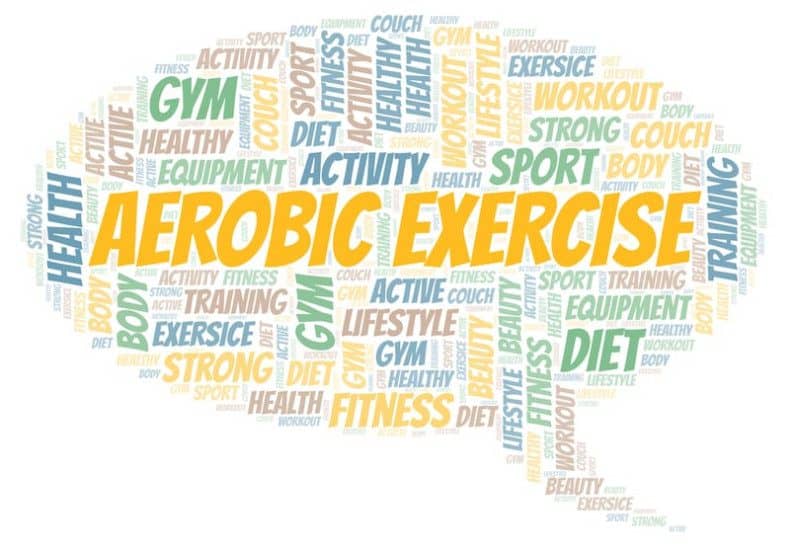Twelve weeks of supervised moderate aerobic cycling may improve memory and processing speed in individuals with disabling cognitive deficits caused by traumatic brain injury, a study published recently in Neurocase suggests.
Authors include Carly L.A. Wender, PhD, Brian M. Sandroff, PhD, Denise Krch, PhD, Glenn Wylie, DPhil, Nancy Chiaravalloti, PhD, and John DeLuca, PhD, of Kessler Foundation, and Christopher M. Cirnigliaro, PhD, and Jill Wecht, PhD, of the James J. Peters VA Medical Center, Bronx, New York.
Participants in the single-blind randomized control trial included five physically inactive individuals with a 10-year history of traumatic brain injury and significant memory impairment. They were randomized to 12-weeks of supervised moderate aerobic cycling exercise (intervention), or 12 weeks of stretching and toning exercise (control).
All participants underwent neuropsychological tests of memory and processing speed and structural neuroimaging studies of the brain before and after their 12-weeks of exercise.
“Compared with controls, the exercise group demonstrated substantially greater improvements in auditory verbal learning and processing speed, and larger increases in volumes of their left hippocampus, left cerebellar cortex, and right cerebellar cortex. We also found that large intervention effects favored the exercise group, which showed gains in processing speed and volume of the right thalamus.”
— Carly L.A. Wender, PhD, postdoctoral fellow in the Center for Traumatic Brain Injury Research at Kessler Foundation
Global cognitive impairments, as seen after traumatic brain injury, present major treatment challenges for clinicians, according to Brian Sandroff, PhD, senior research scientist in the Center for Neuropsychology and Neuroscience Research at Kessler Foundation. “Because of their effects on multiple cognitive domains, exercise interventions, which are low cost, noninvasive, and readily available, are an attractive option to explore in this population,” he adds.
This study looked at cognitive function and morphological changes in the brain in response to exercise in people with traumatic brain injury related memory impairment.
“Our results support the need to explore the relationships between exercise training, cognition, and functional and structural changes in the brain, which may establish the path toward optimal protocols for clinical implementation,” Sandroff concludes.
[Source(s): Kessler Foundation, EurekAlert]





